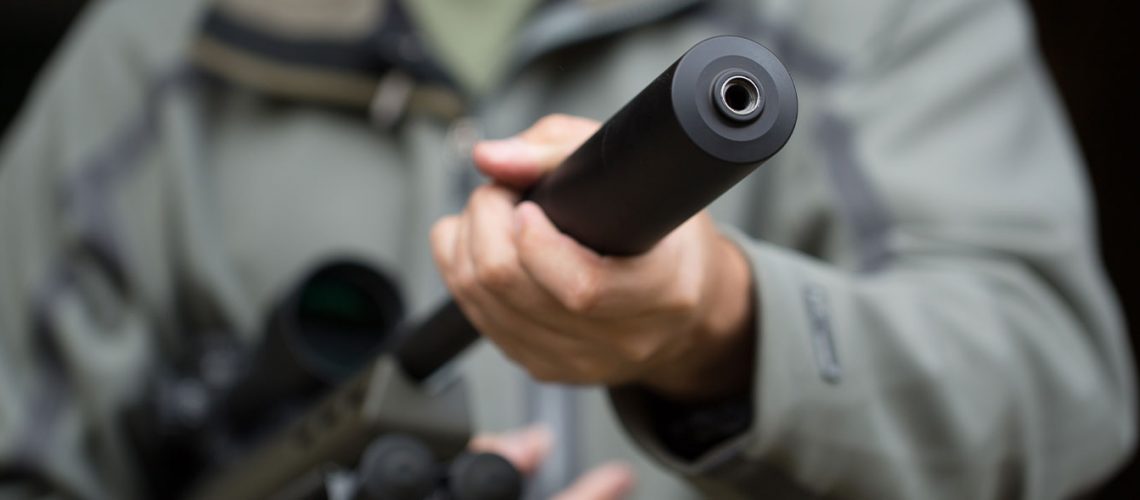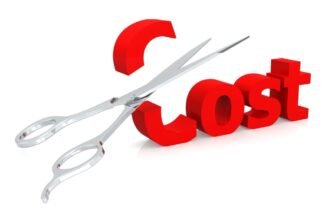A suppressor, also called a silencer, helps reduce the noise and flash from a firearm. Many gun owners use them for hunting, self-defense, or just to make shooting more comfortable. But owning one isn’t as simple as walking into a store and buying it.
In the United States, suppressor ownership is legal in many places—but not for everyone. There are strict rules under the National Firearms Act (NFA) and enforced by the Bureau of Alcohol, Tobacco, Firearms and Explosives (ATF). Before you apply, you need to make sure you qualify. This article explains the most common things that can disqualify someone from owning a suppressor—and how to avoid making legal mistakes.
Understanding the Laws Around Suppressors
What the National Firearms Act Requires
The NFA regulates suppressors like it does short-barreled rifles and machine guns. To legally own a suppressor, you must fill out ATF Form 4, pay a $200 tax, go through a background check, and wait for approval.
Federal vs. State Laws
Some states allow suppressor ownership, while others do not. Even if the ATF approves your paperwork, you still can’t own a suppressor if your state bans them. Always check both federal and local laws.
Criminal Records That Disqualify You
Felony Convictions
If you’ve ever been convicted of a felony, you are likely disqualified from owning a suppressor. This includes crimes like armed robbery, drug trafficking, or serious violent offenses.
Domestic Violence Charges
Even a misdemeanor for domestic violence can stop you from owning a suppressor. Under federal law, any crime of domestic abuse—even if it seems minor—can block your firearm rights.
Restraining Orders and Court Orders
A person under a restraining order or other protective court order may be disqualified. These legal actions suggest a potential risk, and the ATF treats them seriously.
Mental Health-Related Disqualifications
Involuntary Mental Health Treatment
If you’ve been committed to a mental institution or ruled mentally unfit by a court, you can’t legally own a suppressor. These rules are part of the federal Gun Control Act.
Drug Use or Addiction
Ongoing drug abuse, including marijuana use in states where it’s legal, may disqualify you from owning a suppressor. The ATF considers marijuana illegal under federal law, even if state laws say otherwise.
Other Factors That Can Block Approval
Dishonorable Military Discharge
If you were dishonorably discharged from the military, that’s another disqualifier. It’s treated like a felony in terms of gun rights.
Immigration Status and Citizenship
Only U.S. citizens and legal permanent residents can apply. If your immigration status is temporary, or if you’re undocumented, you’re not allowed to own suppressors.
State Restrictions and Local Bans
Where Suppressors Are Banned
Suppressors are banned in California, Hawaii, Illinois, New York, New Jersey, and a few other places. In these states, it doesn’t matter if you qualify federally—you still can’t own one.
Trouble When Crossing State Lines
Even if your home state allows suppressors, driving across state lines can get you in trouble. Make sure to check transport laws if you’re taking a firearm or suppressor with you on a trip.
Avoiding Legal Mistakes
Never Skip the Paperwork
Trying to buy or use a suppressor without ATF approval is a federal crime. This could lead to big fines or even jail time. Always submit the right forms and wait for approval before using a suppressor.
Get Legal Help if Unsure
If you’re not sure whether you qualify, talk to a firearms attorney or licensed gun dealer. They can help you figure things out before you file paperwork or make a purchase.
Solutions If You’re Disqualified
Applying for a Rights Restoration
In some cases, people can restore their firearm rights through court petitions or pardons. It takes time, and there’s no guarantee—but it’s a legal path worth looking into.
Using Other Hearing Protection Options
If you can’t legally own a suppressor, there are still ways to protect your hearing. High-end ear protection gear can reduce gunshot noise safely and legally.
Conclusion: Know Before You Apply
Owning a suppressor can improve your shooting experience, but not everyone is allowed to have one. Felony records, mental health rulings, domestic violence charges, and state laws can all block you. Always check your local laws and federal rules before applying.
By knowing what disqualifies you from owning a suppressor, you can avoid serious legal problems. If you’re unsure, don’t guess—get help. In the world of gun ownership, staying informed is always the best protection.

















